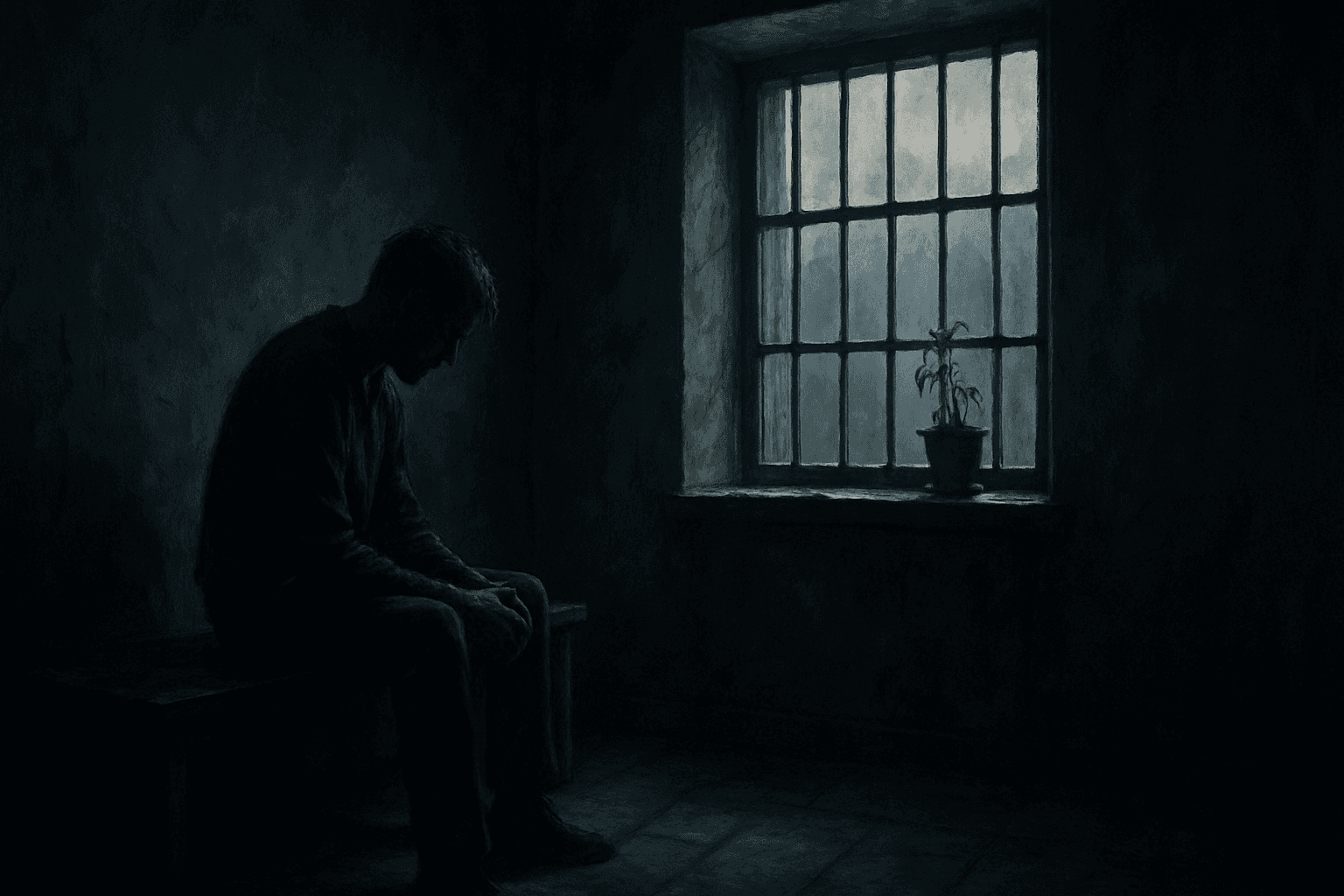Navigating the Shadows: Isolation and Mental Health in 'Justice'

Isolation is a silent thief, stealing away our sense of belonging and amplifying our inner battles. In John Galsworthy's poignant work, ' Justice ,' this theme resonates deeply as characters navigate a harsh world filled with societal expectations and personal dilemmas. From courtroom dramas to solitary prison cells, the play unravels how isolation not only affects individuals but also shapes their mental health in profound ways.
One of the most striking portrayals of isolation comes through William Falder, who finds himself ensnared in a web of despair after committing fraud out of desperation. His journey illustrates the mental strain that accompanies feelings of alienation, especially within the unforgiving walls of the legal system. As he grapples with the consequences of his actions, we see how isolation permeates every facet of his existence—his emotional turmoil, his longing for connection, and ultimately, his tragic downfall.
Ruth Honeywill's story serves as another critical lens through which we examine isolation and mental health. Trapped in an abusive marriage, Ruth's isolation is compounded by societal stigma and the rigid structures surrounding her. When she seeks help, her desperation is met with barriers, illustrating how the systems meant to protect can often perpetuate feelings of helplessness. Her emotional scars run deep, and her eventual decision to leave her husband speaks volumes about the strength it takes to break free, even when the path is fraught with uncertainty.
As the narrative unfolds, we see Falder's and Ruth's lives intertwine, yet their journeys highlight how isolation can manifest in different forms. While Ruth seeks solace in her connection with Falder, her vulnerability shapes her experience as a single mother trying to navigate the complexities of love, loss, and the lingering shadows of abuse. The societal expectations placed upon her further amplify her sense of isolation, leaving her grappling with the duality of love and fear.
Galsworthy masterfully showcases the impact of isolation in various settings, particularly in the prison's stark environment. Falder's time in solitary confinement serves as a harrowing exploration of mental health, forcing him to confront his darkest thoughts without any connection to the outside world. The discussions between prison officials reveal a complex understanding of how isolation affects not just the body but the mind, raising urgent questions about how we treat those who find themselves caught in the justice system.
The climax of their intertwined stories culminates in a tragic moment when Falder, overwhelmed by despair, makes a fatal leap. This heartbreaking conclusion serves as a stark reminder of the devastating consequences of isolation on mental health. Ruth's grief encapsulates the heavy toll of loss and the irreplaceable void left behind, emphasizing that the struggle against isolation is often a battle fought within the depths of our hearts.
In the end, ' Justice ' compels us to reflect on our own experiences with isolation and mental health. It urges us to recognize the importance of empathy and understanding in our interactions with those who may be suffering in silence. Galsworthy's exploration of these themes is not just relevant to the characters in the play; it resonates with many of us who have felt the weight of isolation at some point in our lives.
So, how do we move forward in a world that often isolates rather than connects? Perhaps the answer lies in fostering compassion and creating spaces where individuals can share their struggles without fear of judgment. After all, the stories we tell each other can be powerful lifelines, bridging the chasms of isolation and reminding us that, even in our darkest moments, we are not truly alone.
Books: Justice
Authors: John Galsworthy
Publishers: Public Domain